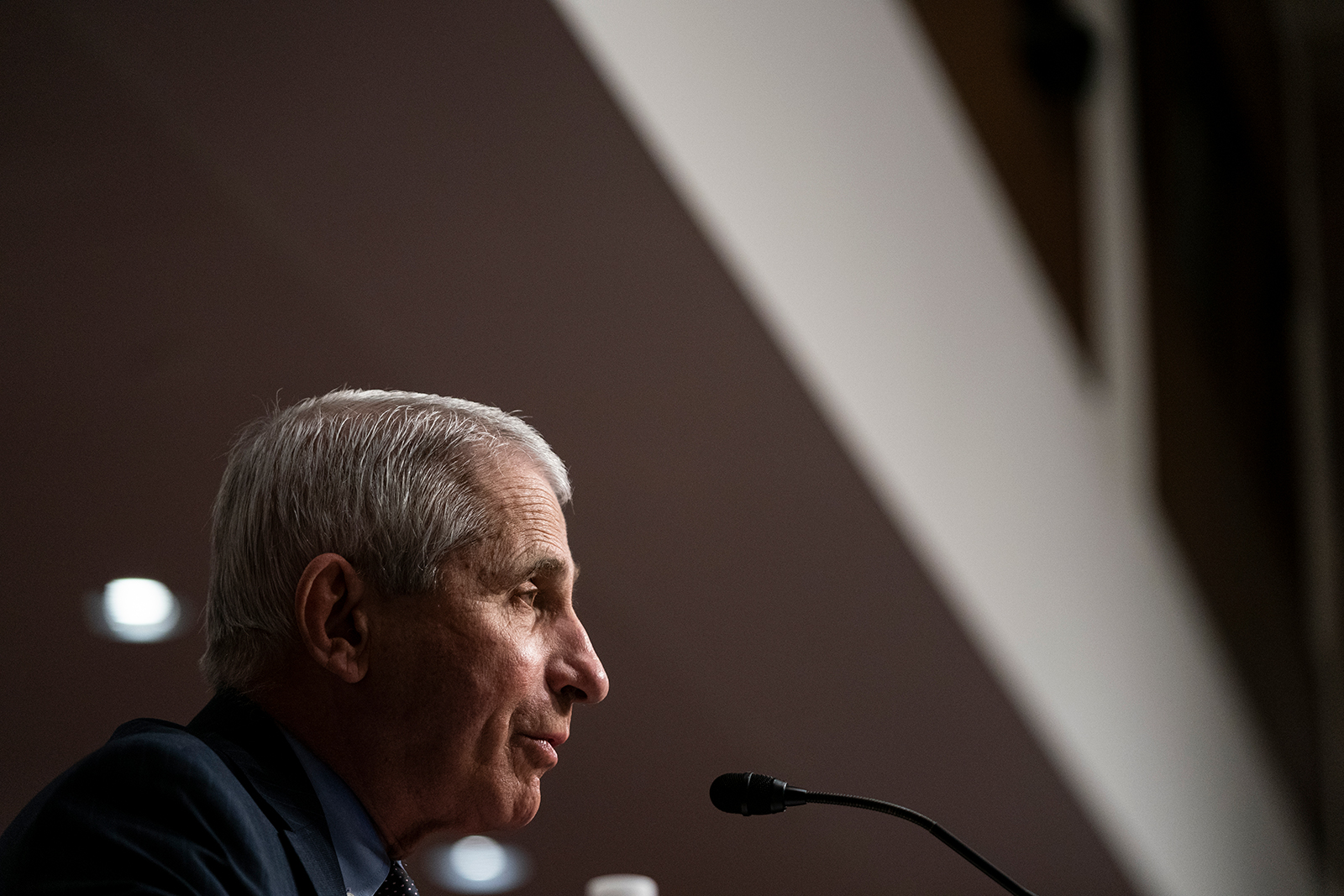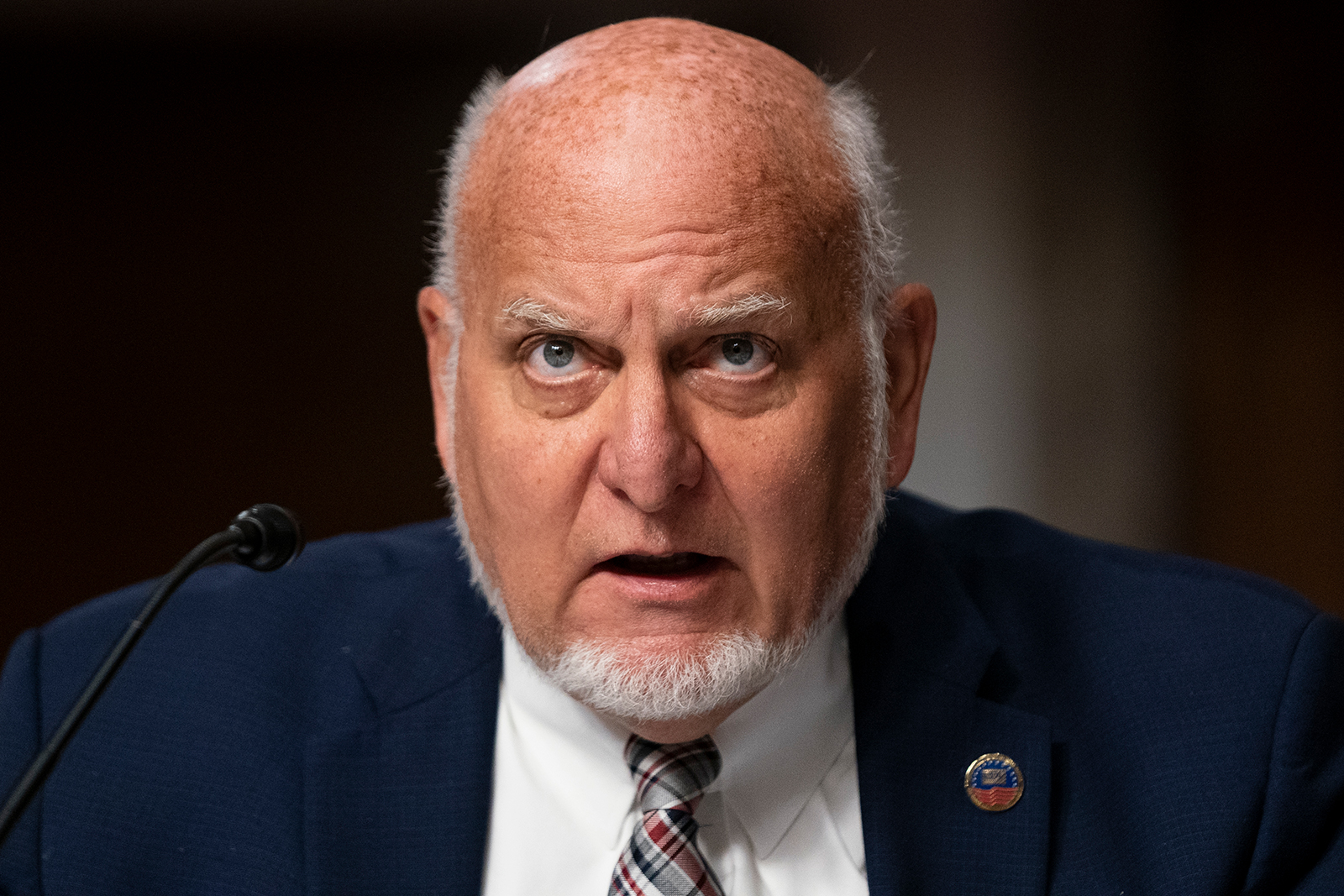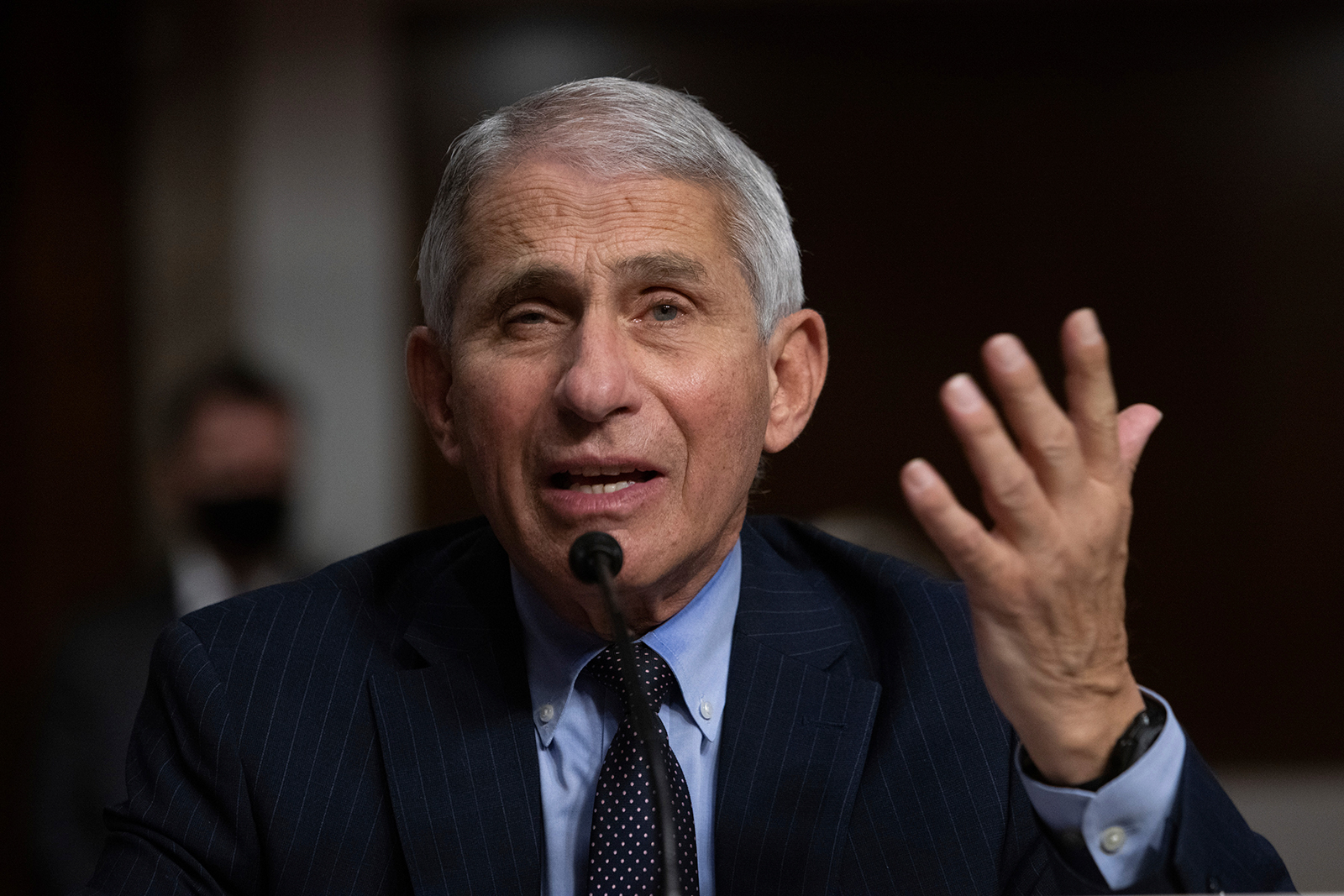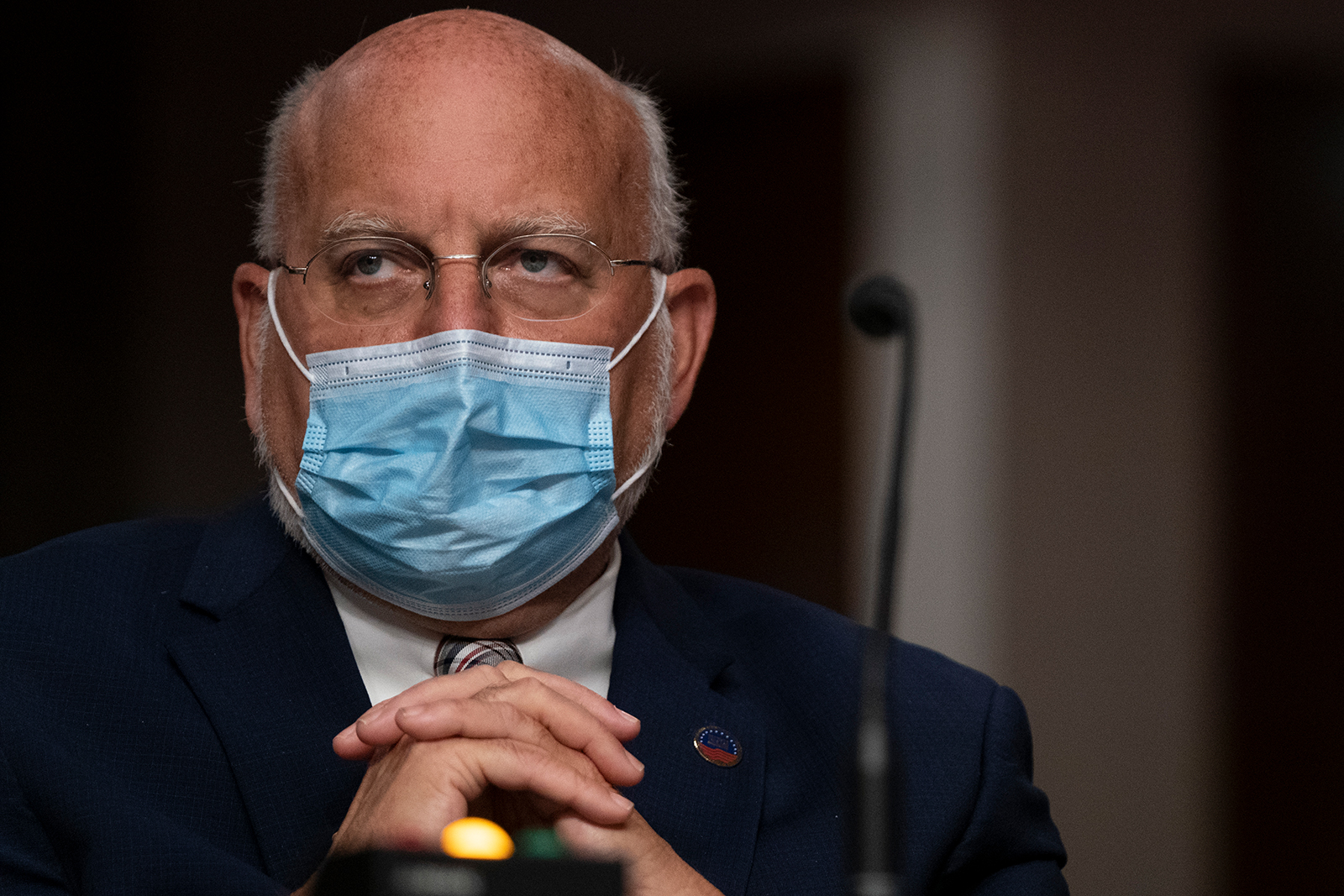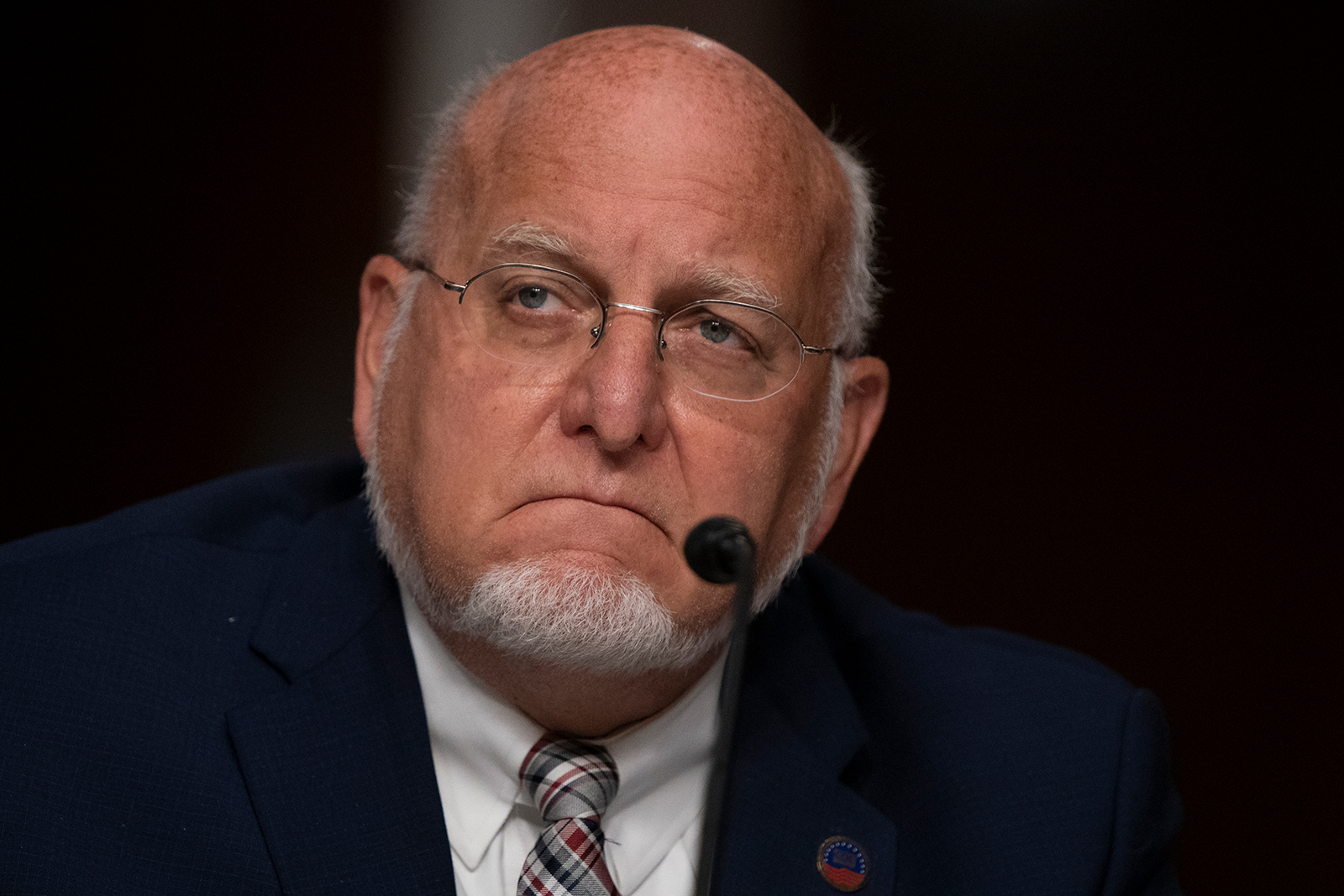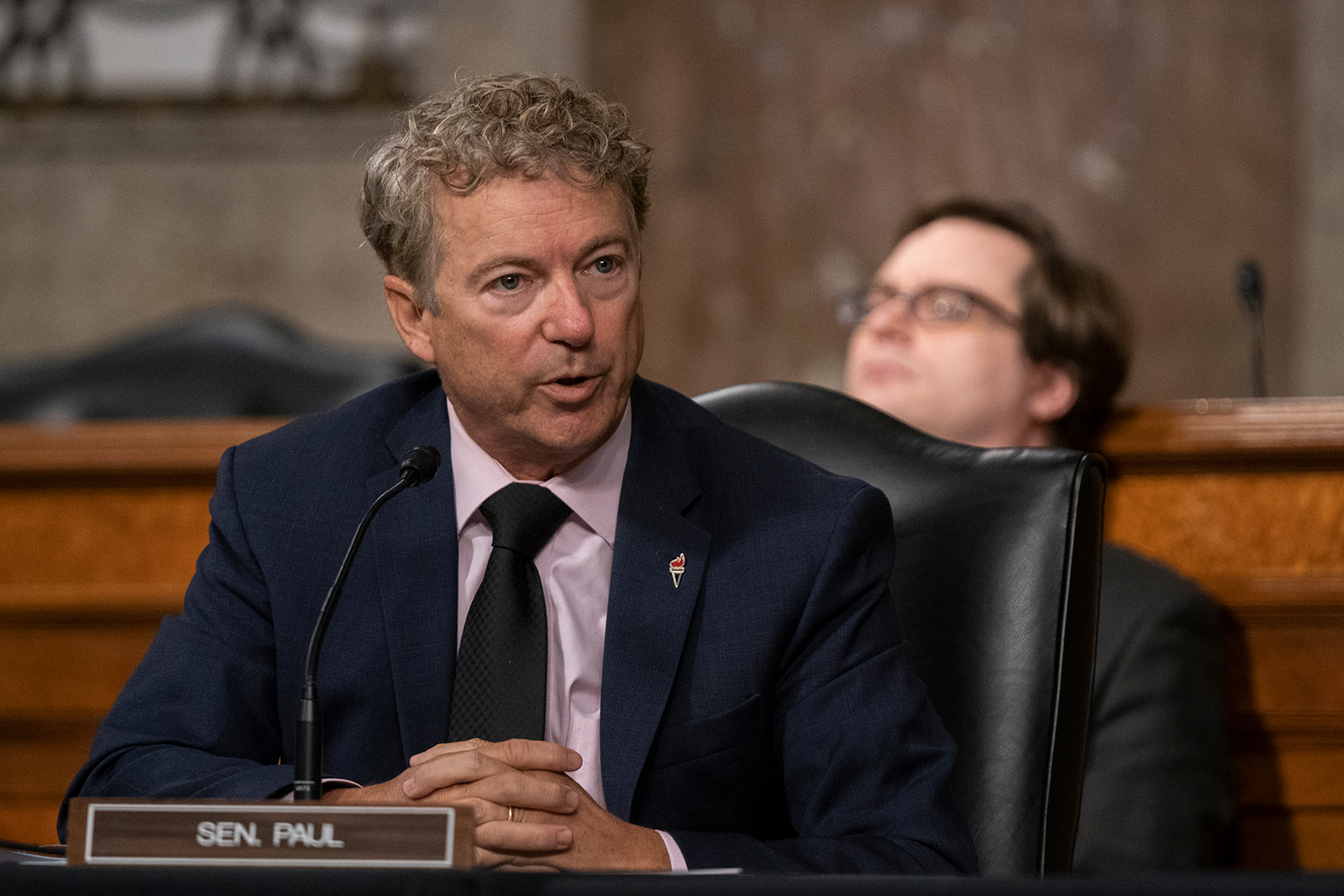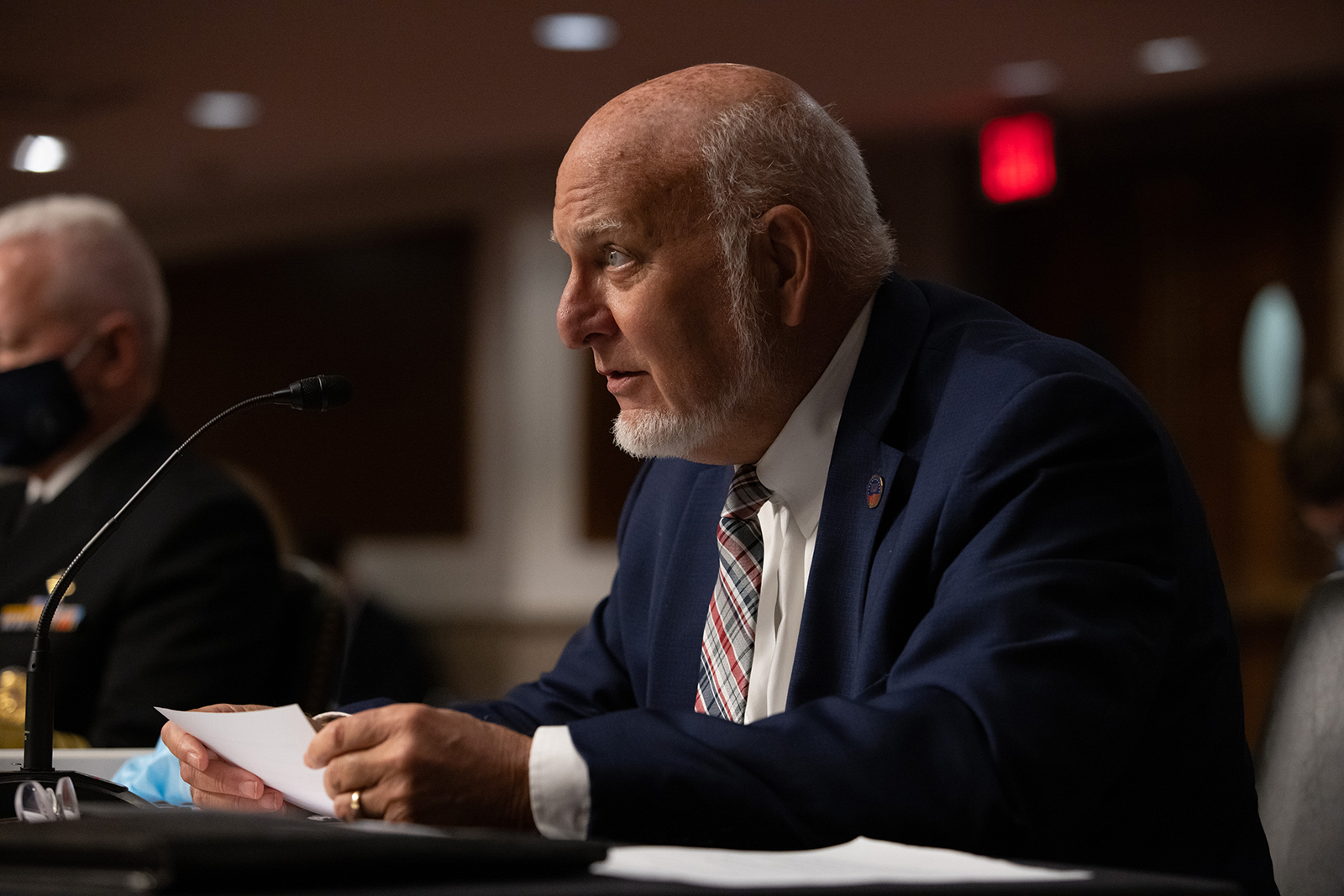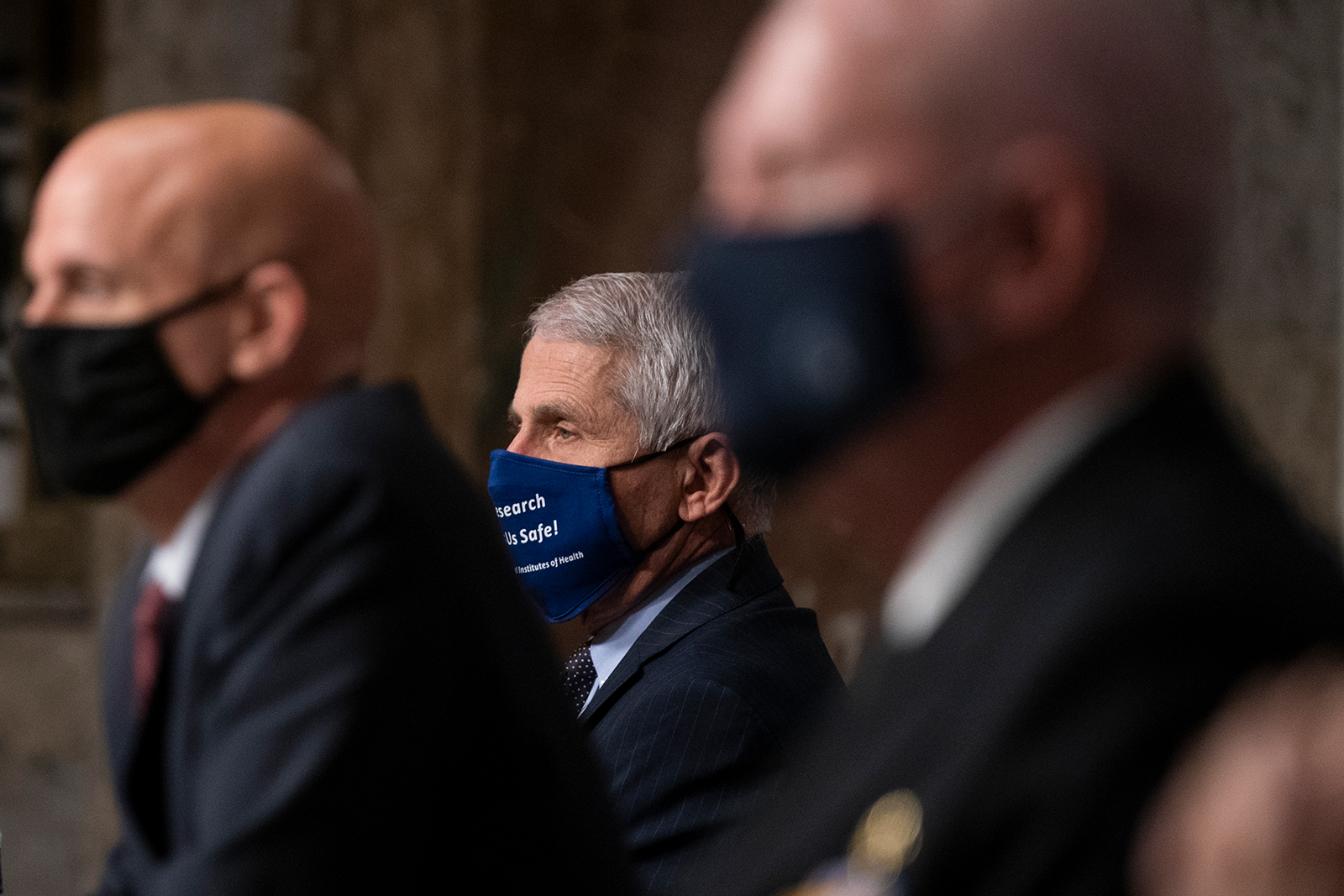
Dr. Anthony Fauci, director of the National Institute of Allergy and Infectious Diseases, Dr. Robert Redfield, director at the US Centers for Disease Control and Prevention, and other White House coronavirus task members testified before the Senate Health Committee today about the Trump administration's response to the pandemic.
They were grilled on vaccines, testing, masks and the reopening of schools.
Here are four key lines from today's hearing:
- Susceptibility to the virus: “CDC is in the process of a very large, sequential study across the entire United States, measuring serology ... the preliminary results on the first round show that a majority of our nation – more than 90% of the population – remains susceptible,” Redfield said.
- Vaccine timeline: "So as these trials go on, we predict that some time by the end of this year, let's say November or December, we will know whether or not these are safe and effective and as you mentioned, Mr. Chairman, right now doses of this vaccine are being produced so that they'll be ready to be distributed," Fauci told lawmakers.
- Reversals to CDC guidelines: "We're committed to data and science and to give the American public the best public health recommendations we can based on that data and science, and be open, if necessary, if the data and science changes, to modify that guidance based on that new data, but we are committed to data and science and that will be the grounding of how we make these recommendations," Redfield told the committee.
- Authorization of a vaccine: “FDA will not authorize or approve any Covid-19 vaccine before it has met the agency's rigorous expectations for safety and effectiveness. Decisions to authorize or approve any such vaccine or therapeutic will be made by the dedicated career staff at FDA, through our thorough review processes, and science will guide our decisions," Dr. Stephen Hahn, commissioner of the US Food and Drug Administration, promised the Senate Health Committee.



